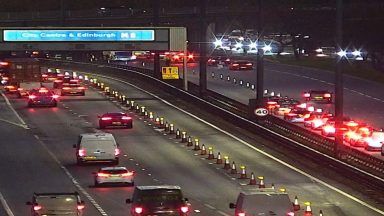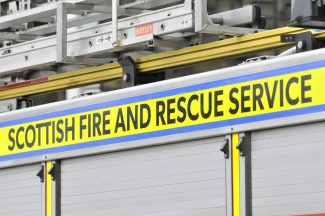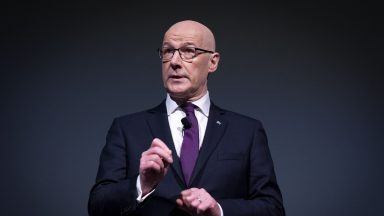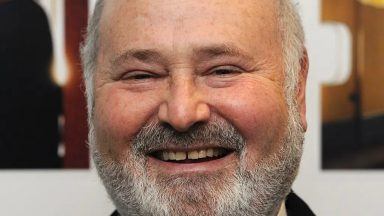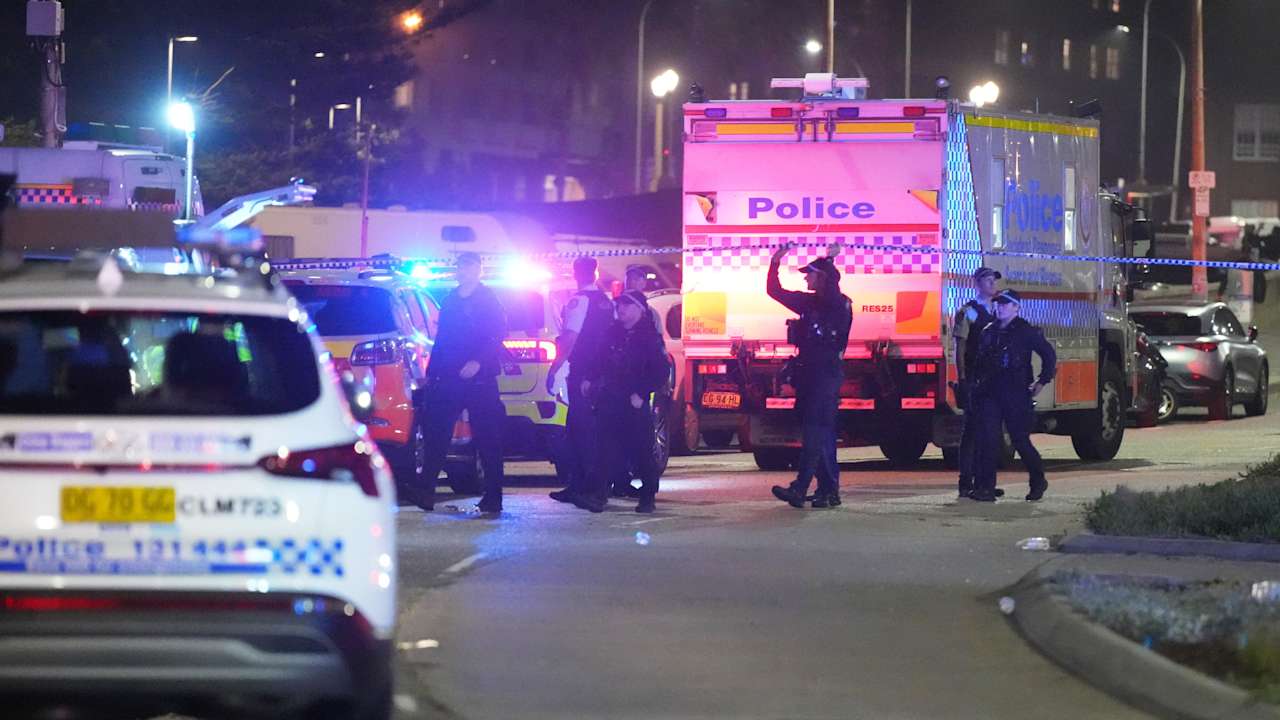There has been a 50% rise in the last year in the proportion of children trying vaping, new figures show.
The data for Great Britain shows a rise in experimental vaping among 11 to 17-year-olds, from 7.7% last year to 11.6% this year.
Children were asked if they had ever tried vaping once or twice, with the proportion roughly doubling in nine years, from 5.6% in 2014 to 11.6% this year.
Asked what they used, disposable vapes appear to be the e-cigarette of choice among youngsters, while purchases of vapes are mostly made from corner shops.
It is illegal to sell vapes to under-18s but social media carries posts from teenagers showing vapes and discussing flavours such as pink lemonade, strawberry, banana and mango.
Experts have warned previously how the new generation of disposable vapes known as “puff bars” – which contain nicotine – have flooded the market.
This is borne out by the latest survey, with Elf Bar being the most popular brand of disposable among children who vape, followed by Lost Mary, Elux, Geek Bar and Crystal.
In 2021, current child vapers were least likely to vape disposables (7.7%) but in 2022 they became the most used (52%) and this has continued to grow to 69% in 2023.
The latest survey of 2,656 youngsters was carried out by YouGov in March and April for Action on Smoking and Health (Ash).
It will be submitted as part of the Government’s call for evidence on measures to reduce the number of children accessing vaping, while ensuring e-cigarettes can still be used by adults who want to quit smoking.
The new data showed there has been no significant change since last year in the proportion of children currently smoking (4.8% in 2022 and 3.6% in 2023) or who say they currently vape (6.9% in 2022 and 7.6% in 2023).
When asked why they vape, 40% of youngsters said they just wanted to give them a try, while 19% used them because they wanted to join in with others, and 14% said they like the flavours.
Nearly three-quarters (73%) of youngsters said their first vape was given to them, two-thirds by a friend, but for children who currently vape, nearly three-quarters (72%) said they usually buy their vapes, most commonly from a corner shop (26%).
Other places where vapes are bought by children include petrol stations or petrol station shops (9.4%) and online (7.6%).
When it comes to awareness of vapes being on sale, children were most aware of promotions in shops, up from 37% last year to 53% in 2023.
Online awareness has also risen (from 24% to 32%), while awareness via buses stood at 11%.
Asked about online awareness, children who had seen vapes promoted online said they had seen them on TikTok (49%), YouTube (29%), Instagram (28%) and Snapchat (24%).
Deborah Arnott, chief executive of Ash, said: “We need to stem the tide of child vape experimentation and the Government’s investment in a crackdown on illegal underage sales of vapes is a vital first step.
“But enforcement on its own won’t do the trick without tougher regulation to address the child-friendly promotion of these cheap and attractive products.
“The Ash youth survey demonstrates the rapid growth of instore promotion of vapes, using brightly coloured pack displays, reminiscent of cigarette displays from yesteryear.
“The evidence is clear, government needs to take strong action to prevent the marketing of vapes to children.”
Laura Young, a climate activist from Dundee dubbed the “vaped crusader”, has been campaigning for the cheap disposable vapes found discarded on city streers to be banned.
“It is clear that the vaping industry has become the wild west, with products meant to be sold to adults looking for a smoking cessation device easily falling into the hands of children,” she said.
“These devices are branded in a way which is similar to the like of sweets, with flavours appealing to younger generations and bright colours attracting many wanting to give it a go.
“The ease of sales has caused a surge in availability across the country, where we now see vapes being sold in shops like cafes, tanning salons, and hairdressers. Many of these shops are clearly failing to comply with over 18 sales regulations, a fact we know as trading standards officers continue to find large numbers of establishments failing test purchasing.”
Geoff Worsley, a father from Abergele, North Wales, whose change.org petition Stop Children Vaping – More Regulation Now has more than 100,000 signatures, said: “Parents like me up and down the country are calling on government to act to protect our children from vaping as well as smoking.
“More funding for enforcement is a good first step but it’s not enough. Vaping is safer and better for smokers than smoking, but it shouldn’t be promoted to children.
“Regulations are needed to prevent vapes being openly sold in prominent positions within shops, in brightly coloured packaging and sweet names attractive to kids.
“We need tougher regulation to stop our children vaping and we need it now.”
Ash said, however, that fears vaping is leading to a new generation addicted to nicotine are not justified by the evidence to date.
It said the data showed that most of the 20.5% of young people who have ever vaped have only vaped once or twice, or used to vape, or vape less than once a week.
Some 1.8% of those polled said they vape between daily and weekly and 2% every day.
Most (63%) of those who have tried vaping once or twice have never smoked, the data also showed. Yet most (71%) of current vapers have tried smoking.
Ann McNeill, professor of tobacco addictions at King’s College London, said the data showed that too many smoking adults and children believe vaping is more than or equally harmful as smoking.
“These misperceptions are likely to encourage children to believe that they might as well smoke as vape, and discourage adults who smoke but have never vaped from taking up the Government’s “swap to stop” offer (of taking up vapes instead of cigarettes),” she said.
“A well-funded communications campaign is needed to address these growing misperceptions.”
A Department of Health and Social Care spokeswoman said: “It’s already illegal to sell vapes to children and we are exploring further ways to tackle youth vaping through our newly launched call for evidence, which will look at the appearance and characteristics of vapes, the marketing and promotion of vapes, and the role of social media.
“We also recently announced a new ‘illicit vapes enforcement squad’ – backed by £3m – to remove illegal products from shelves and stop them from crossing our borders.”
Follow STV News on WhatsApp
Scan the QR code on your mobile device for all the latest news from around the country






